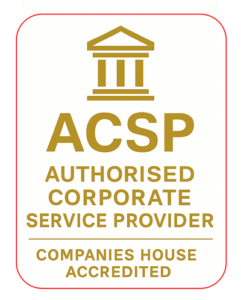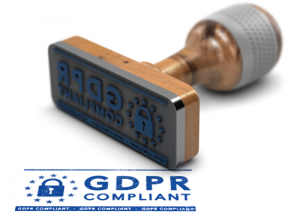Anti-Money Laundering (AML)
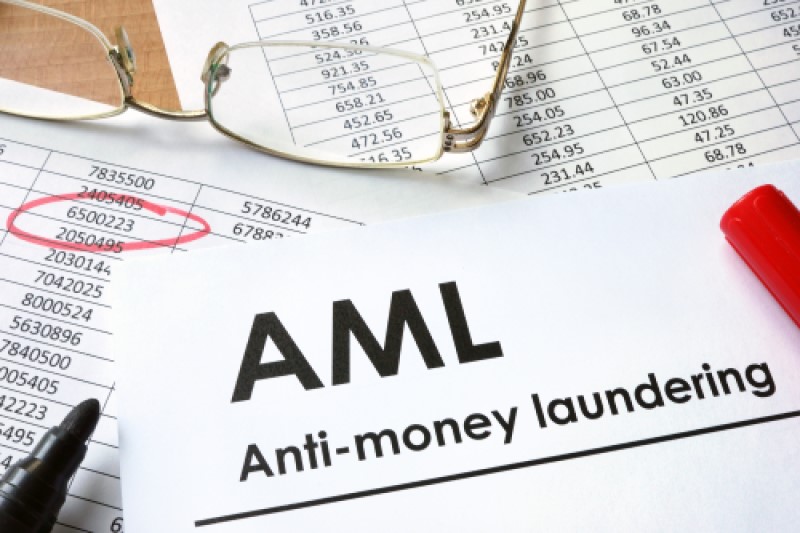
Notaries in England and Wales follow Anti-Money Laundering (AML) rules set by the Faculty Office of the Archbishop of Canterbury.
AML Procedures
HM Treasury regularly issues advisory notes about AML obligations.
Up until January 2020, a notary complied in two ways:
-
Private clients – the notary checked the passport and recent proof of address such as a utility bill or bank statement.
-
Corporate clients – the notary reviewed company papers, confirmed beneficial ownership, and recorded the ultimate beneficial owner (UBO). The UBO is the real individual controlling the entity.
If all checks were satisfactory, the notary had met the AML duties.
The 5th European Money Laundering Directive
On 10 January 2020, the 5th European Money Laundering Directive (EU5AMLD) came into force under the 2019 Regulations.
The directive introduced:
-
Stricter Customer Due Diligence (CDD)
-
Mandatory Risk Assessments
-
Verification of public registers for beneficial ownership before starting a business relationship
In addition, if a notary plays a substantive role in a transaction, they must conduct a risk analysis and carry out ongoing monitoring.
High-Risk Matters
Risk analysis becomes obligatory when the notary assists with:
-
Buying or selling property or businesses
-
Managing client money, securities or assets
-
Opening or running bank or securities accounts
-
Organising funds for company formation or management
-
Creating or managing trusts, foundations, or companies
Therefore, notaries must also keep written procedures for due diligence, reporting, and record keeping.
AML Searches
We use Search Group Limited to perform electronic AML checks. This allows us to meet legal requirements quickly and reliably.
What the searches cover
-
Passport and proof of address checks
-
Politically Exposed Person (PEP) status
-
Sanctions lists
-
Insolvency records
There are two main types:
-
Private Individual AML searches
-
Corporate AML searches
The cost is £6 per search. The fee is listed on your invoice as a disbursement.
For higher-risk cases, we also order enhanced reports.
When AML Searches and Risk Assessments Are Required
The risk level of a transaction usually decides whether AML searches are needed. In practice, most company matters require them.
Example One – AML Search Required
A multi-national company sets up a new overseas office, subsidiary, and bank account.
The notary prepares board resolutions and powers of attorney. Overseas registries demand an AML certificate from the notary confirming checks on directors and beneficial owners.
Therefore, AML searches and a risk assessment are required.
Example Two – AML Search Not Required
An individual makes a statutory declaration in England and Wales to appeal a parking fine (£5 statutory fee).
The value is low, and the overall risk is minimal. No AML search is needed in this case.
Terms and Conditions
Please see section 12 of our Terms and Conditions. By instructing us, you consent to AML searches where the law requires them.
-
We check the information you provide against multiple data sources.
-
We keep a record of each search.
-
A footprint appears on your credit file, but it does not affect your credit score.
-
If false details are given, we may share the information with anti-fraud and money-laundering agencies.
By continuing with your instructions, you confirm your consent to online AML checks.
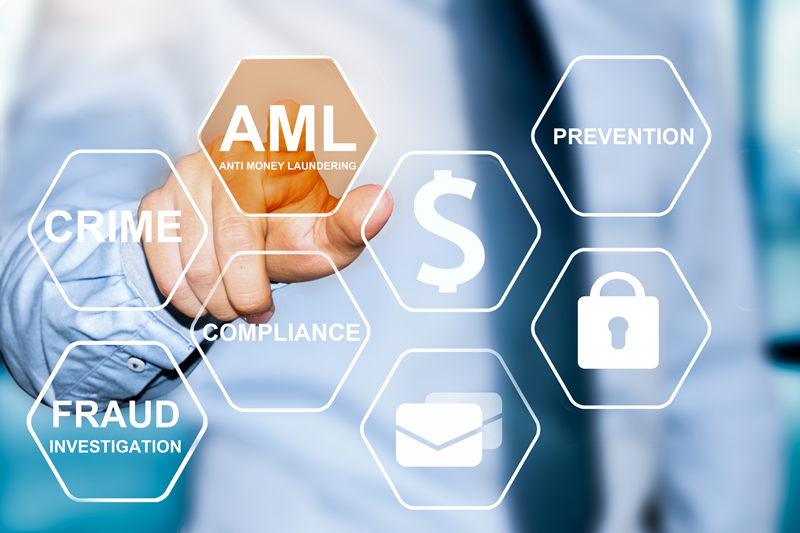
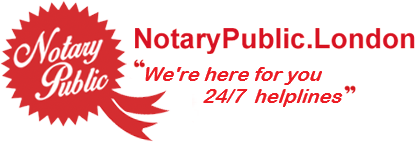






 Our Offices are located directly opposite the front of Charing Cross train station at:
Our Offices are located directly opposite the front of Charing Cross train station at:

